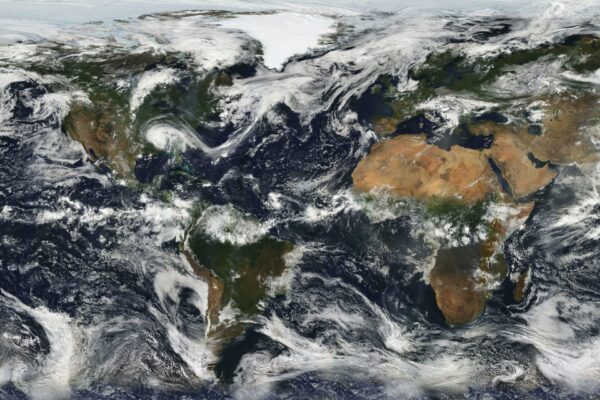From countries pledging support to developed nations affected by climate change to heat wave across Europe triggering drop in water reserves, September was a month of key environmental developments.
Staff Correspondent
October 4
September 1
August was the worst month for the Brazilian Amazon in terms of forest fires in the last 12 years. The Brazilian INPE or National Institute for Space Research space agency said its satellites had recorded 33,116 fires in the rainforest in August as compared to 28,060 in the same month last year.
September 6
One of the hottest summers in Spain caused water reserves to drop to their lowest level since 1995, according to the officials. The Spanish meteorological agency Aemet noted the upcoming fall is likely to be warmer and also less rainy across the whole country.
September 7
According to the World Bank, it provided a record $31.7 billion in the fiscal year 2022 to help countries address climate change. David Malpass, President of the World Bank Group said: “We will continue providing solutions to pool funding from the global community for impactful and scalable projects that reduce GHG emissions, improve resilience, and enable the private sector.”
September 9
The State of the Climate in Africa 2021 report by the UN said high water stress is estimated to affect about 250 million people in Africa and is expected to displace up to 700 million people by 2030. “The worsening crisis and looming famine in the drought-stricken Horn of Africa shows how climate change can exacerbate water shocks, threatening the lives of hundreds of thousands of people and destabilizing communities, countries, and entire regions,” WMO Secretary-General Prof. Petteri Taalas said.
September 21
Denmark became the first country to pledge funds at the UN General Assembly in New York to provide funding to developing countries specifically for “tab og skader”, meaning “loss and damage” due to climate change. The country committed 100 million DKK ($13m).
September 27
Germany lost one of its five glaciers to the extremely hot weather experienced this summer. Scientists in Germany stripped the Southern Schneeferner of its status as a glacier after extreme weather conditions this summer hastened its demise.
September 28
The year 2022 was a disastrous year for glaciers in Switzerland and melt rates have far exceeded the previous records from the hot summer of 2003, Swiss Glacier Monitoring Network (GLAMOS) has said in a new report.
September 29
More than 1,700 environmental activists “trying to protect their land and resources” have been killed over the past decade, a report released by global advocacy group Global Witness has revealed




